
In a bold move to redefine Africa’s place in global health governance, African Heads of State, Experts, development partners and civil society leaders converged in Accra on Tuesday, August 5, 2025 for the Africa Health Sovereignty Summit.
The summit seeks to initiate a continental shift in health leadership and financing by launching a reform agenda that is unapologetically African, rooted in sovereignty, equity and innovation.
At the heart of the summit was a call to action: to reposition African countries from being recipients of fragmented aid to becoming architects of their own health systems.
The gathering culminated in the unveiling of The Accra Initiative, a new continental framework that aims to:
- Reduce donor dependency,
- Promote domestic and regional investment in health, and
- Drive structural reform in the global health architecture.
Delivering the keynote address, President John Dramani Mahama set a visionary tone for the summit. He challenged African governments to rise above externally imposed health agendas and to reclaim their rightful place at the decision-making table of global health governance.
“Africa must no longer be the patient. It must be the author, the architect and the advocate of its health destiny,” President Mahama said.
He described Africa’s over-reliance on donor-funded programmes as unsustainable and disempowering, noting that many international health policies fail to reflect the lived realities and priorities of African populations.

According to President Mahama, true health sovereignty is not simply about rejecting external support, but about ensuring African voices are central in shaping global policies and investments that affect the continent.
“Our sovereignty is not isolation,” he emphasised, adding “It is co-creation. It is dignity. It is self-determination and it is our right.”
Citing Ghana’s health sector reforms during his tenure and beyond, including the expansion of the National Health Insurance Scheme, the Ghana Medical Trust Fund and improvements in primary healthcare, President Mahama highlighted the power of African-led solutions.
“We are not starting from zero. We have models that work, we must scale them,” he urged.
He also warned of the risks posed by abrupt cuts in global health aid, pointing to a projected 40% decline in funding to African health systems.
“We must prepare. We must protect our gains. And we must innovate from within,” he said.
A call for new global health rules
Several African leaders at the summit echoed President Mahama’s sentiments. The summit’s joint communiqué called for a new social contract in global health, one that reflects fairness, mutual accountability and shared ownership between African governments and global institutions.
A key deliverable of the summit was the formation of a Presidential High-Level Task Force on Global Health Governance to champion reforms in institutions such as the World Health Organization (WHO), the Global Fund, and GAVI.
The task force is expected to advocate for equitable decision-making structures and increased African representation in global health financing mechanisms.
Another major outcome was the launch of the SUSTAIN Initiative, a bold African-led platform that will help countries align health spending with national priorities, mobilise private and public capital and foster cross-border innovation in service delivery and manufacturing.
World Health Organisation
Addressing the summit virtually, WHO Director-General, Dr.TedrosAdhanomGhebreyesus praised the leadership shown by Ghana and other African nations and pledged WHO’s support for reforms that put African governments in the driver’s seat of their health systems.
“Africa does not need charity. Africa needs fair terms. It needs systems that work for its people. It needs the power to set its own priorities and invest accordingly,” Dr.Tedros stated.
He warned that the current trajectory of declining aid and increasing health burdens could push many African countries off a “cliff edge.”
According to WHO, over 30 million people on the continent are at risk of losing access to essential health services if emergency domestic and regional financing is not mobilized in the next 12 to 18 months.
Dr.Tedros outlined WHO’s ongoing support to African governments in strengthening procurement systems, increasing revenue generation through health taxes, integrating donor-funded programmes into national budgets, and improving the efficiency of public financial management in the health sector.
“We must move from fragmentation to integration. From dependency to autonomy. That’s the real meaning of sovereignty,” he said.
The Minister for Health, Kwabena Mintah Akandoh, who also addressed the summit emphasized that health sovereignty was not about isolation, but about agency, leadership, and control over national priorities. “We need the power to make binding decisions, to deploy our own resources, and to lead the systems that determine whether our people live or die,” he stated.
He described the long-standing donor-driven health model as outdated and limiting. “For too long, Africa has been too relevant to ignore, but too dependent to listen to. Our health budgets and policies were shaped more by donor ceilings than by public need,” he said.
Mr.Akandoh urged African leaders to reframe health not as a consumption cost, but as a long-term development investment. “A dependent health system cannot defend itself, and a safe nation cannot defend it,” he warned.
He called for bold political will and investment in strong data systems, pharmaceutical production, and supply chain sovereignty, insisting that “sovereignty begins with courage.”
Delivering the welcome address on behalf of Chief of Staff Julius Debrah, Deputy Chief of Staff Nana Oye Bampoe framed the summit as a strategic and action-driven milestone.
“This High-Level Summit is our response. It is a call to reimagine health governance through African leadership and continental sovereignty,” she said.
She made it clear that Africa is stepping into a new era. “We are authors of the reforms we need, investors in our own systems, and partners to the world on equal terms. Let us leave Accra with bold outcomes, actionable next steps, and a shared determination to protect the health and dignity of our people.”
The post African Leaders, Experts convene in Accra to champion Health Sovereignty appeared first on The Ghanaian Chronicle.
Read Full Story

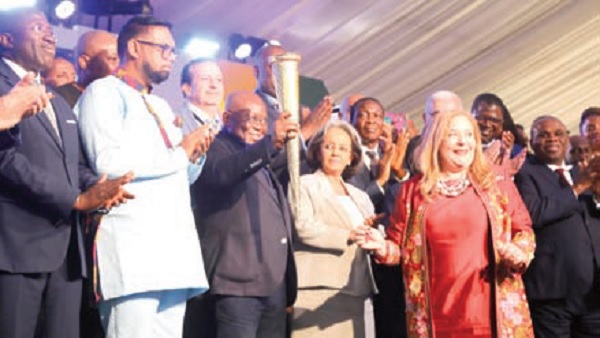
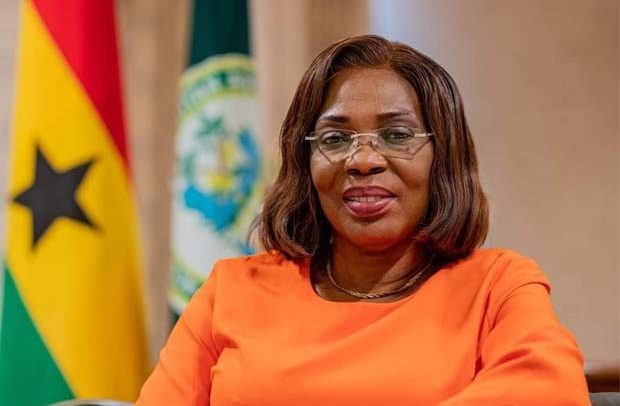
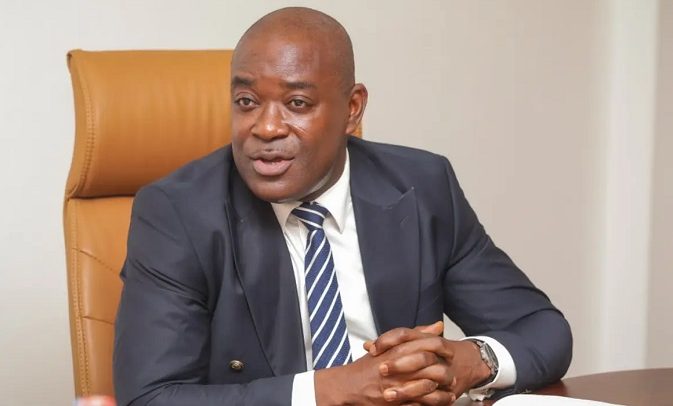












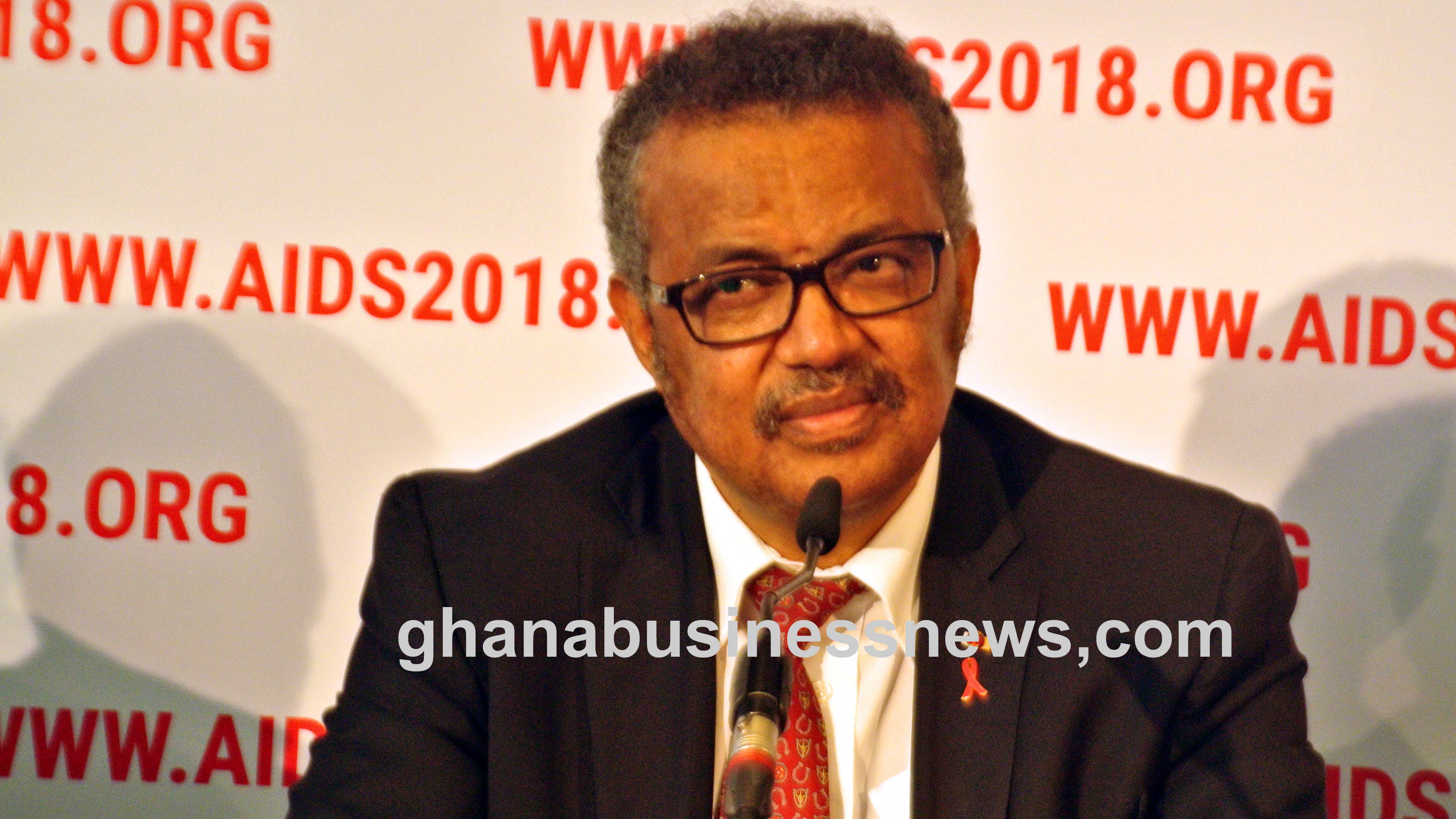
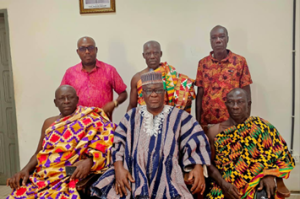



Facebook
Twitter
Pinterest
Instagram
Google+
YouTube
LinkedIn
RSS